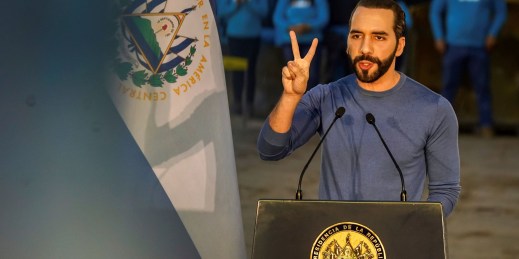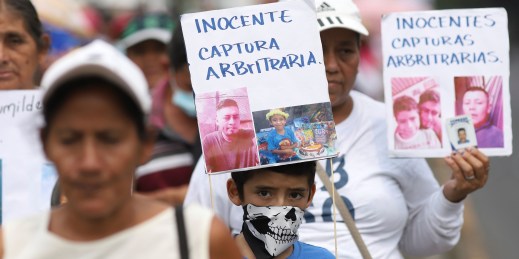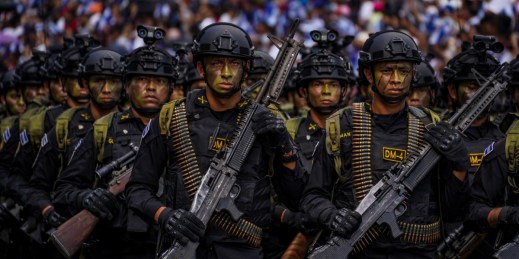
Of Latin America’s six presidential elections scheduled for 2024, the incumbent party is currently favored in four. Rather than a clear break in the region’s anti-incumbent trend, however, this year’s elections will be exceptions that prove the rule. Three of them offer examples of the challenges that democracy faces in the hemisphere.



